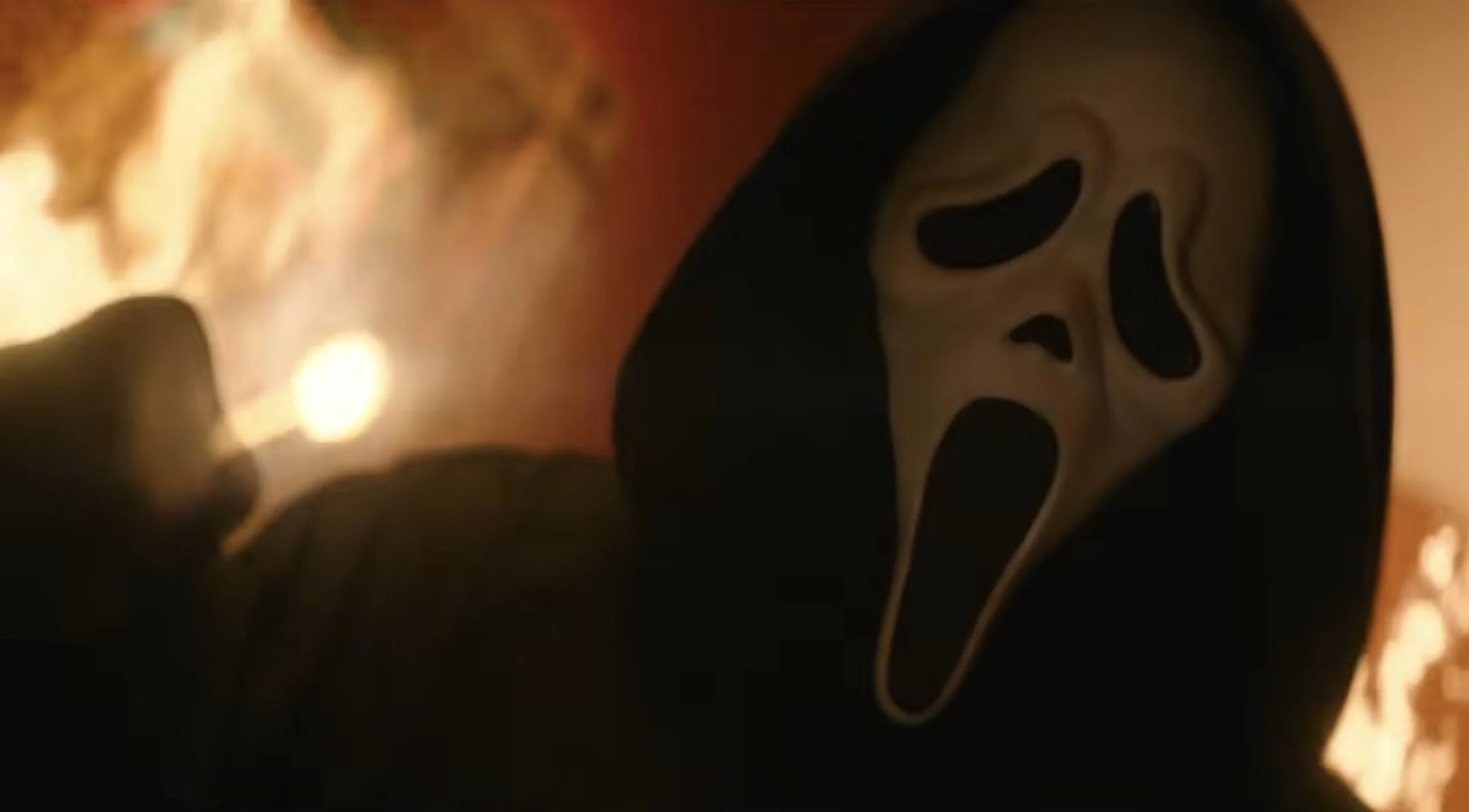In the midst of LGBT Pride Week, hit the commercial theaters ‘Moneyboys’, the new winner of the 26th edition of Lesgaicinemad and already screened in the Un Certain Regard section of the 74th Cannes Film Festival. First feature film by Austrian-born Chinese director CB Yi, the director dares to do a harsh, unceremonious portrait of what it means to be gay in China todayas well as questioning the pressure exerted by the family both in terms of sexual diversity and in relation to gender roles.
Homosexuality is a taboo subject in China. Although it is not prosecutable, the censorship that exists regarding the display of sexual diversity in artistic productions is well known. Social pressure on the importance of marrying and forming families means that, according to the United Nations, only 5% of the LGBT population in the Asian country can openly live out their sexual orientation or identity. It’s more, According to the China Association of Sexology, around 80% of Chinese gay men marry women due to family pressures.

It’s more, the film, which was originally to be shot in China, had to be shot in Taiwan due to the risk of censorship, as Yi feared for her project and her integrity after the mysterious disappearance of Fan Bingbing, who remained without signs of life for six months after being held by the Communist regime on charges of evading taxes. Another example of the fact that telling an uncomfortable story with Xi Jinping’s government can only be done in a democratic place, such as Taiwan is the only Asian country to legalize same-sex marriage.
A reality that Yi faces from an underground perspective, in which there is a clear difference in class and aspirations. The film is divided into two parts, the first, as a prologue, shows the world in which Fei and Xiaolai live, two lovers who make their living as cheaters. The former has just arrived from her village and is inexperienced, while the latter acts as a mentor, being a little older. His life is turned upside down when Fei is beaten up by a Mafia client and Xiaolai goes in search of revenge.causing a clash with the mafia that ends up in prison.

While that prologue performs a sordid representation of homosexual male prostitution in a large Chinese metropolis, the second, set five years later, shows the consequences of the decision to live in freedom. Yi avoids making value judgments about his protagonists. In addition, he focuses on making harsh criticism of the family classes of a society where grandparents, parents and other relatives press for their gay and lesbian sons and daughters to have a “normal life”. In a way, the way Yi portrays him is vaguely reminiscent of Ang Lee’s critique of traditional Chinese family in “The Wedding Banquet”.
An embarrassing appeal
However, in the second part Yi creates a much more overwhelming story, in which his protagonist (a magnificent Kai Ko) is unable to commit or afford to be happy.; firstly, because he is marked by a terrible sense of guilt over what happened with his ex-lover and, secondly, because we are so burned that he does not deserve to have someone to love or to love, who is incapable of enjoying himself even fully your own pleasure. That sense of helplessness feels like an emotional toll, as great as the brutality displayed in the recent “Great Freedom”.
Yi, who studied at the Vienna Film Academy, where Michael Haneke teaches, knows how a harsh x-ray of how important it is to break family ties when they don’t accept loved ones to love in a different wayespecially in societies like China, where they can be much more suffocating, as can be seen in ‘The Farewell’, in which Lulu Wang showed the great differences between East and West, or in ‘Paris, 13th district’, in that in which Jacques Audiard reflected on how toxic a family can be, being able to tell a daughter that her grandmother, now elderly and in a senile state, died because of him, for not having married or not having studied to make a career.

Although the romantic relationships that Yi displays in his feature film could be linked to that ambivalent love that Wong Kar Wai portrayed in the Hong Kong film ‘Happy Together’ or to that pent-up passion reflected in the Taiwanese ‘I have your name engraved’, by Patrick Kuang-Hui Liu; “Moneyboys” is a tremendously harsh statement about the reality of gays in China, especially those in rural areasbecause many of them, to live their sexuality openly, flee to big cities without money, being forced into prostitution.
From a sociological point of view, Moneyboys is a triumphabove all because it leaves a bitter residue that reminds us that the struggle for the rights of the LGBT community must continue, especially in places where the repression is so brutal as to endanger the very existence of the person. An uncomfortable and courageous appeal, which brings to the fore a filmmaker who already aspires to offer a very different perspective on European cinema.
Note: 8
The best: His careful photography, especially in underground moments, the harshness of his scenes.
Worse: It won’t appeal to those looking for more optimistic gay stories.
Source: E Cartelera




